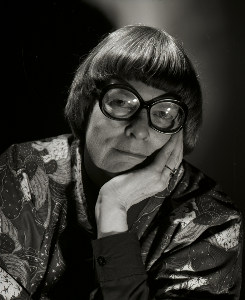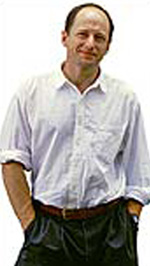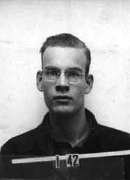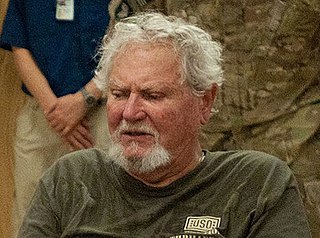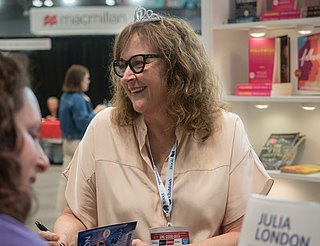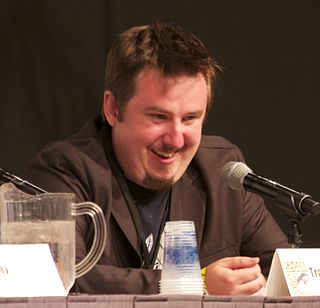A Quote by Jane Rule
Morality for the novelist is expressed not so much in the choice of subject matter as in the plot of the narrative, which is perhaps why in our morally bewildered time novelists have often been timid about plot.
Related Quotes
Fiction writers come up with some interesting metaphors when speaking of plot. Some say the plot is the highway and the characters are the automobiles. Others talk about stories that are "plot-driven," as if the plot were neither the highway nor the automobile, but the chauffeur. Others seem to have plot phobia and say they never plot. Still others turn up their noses at the very notion, as if there's something artificial, fraudulent, contrived.
I plot as I go. Many novelists write an outline that has almost as many pages as their ultimate book. Others knock out a brief synopsis... Do what is comfortable. If you have to plot out every move your characters make, so be it. Just make sure there is a plausible purpose behind their machinations. A good reader can smell a phony plot a block away.
I find that I am much slower in the beginning of a book. I am thinking of the plot, of the characters and who they are, and where they are going. I often throw out a lot of the writing I start with, because the characters and plot improve as I write. Or perhaps I should say it is my hope they will improve as I write.
